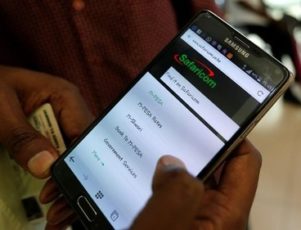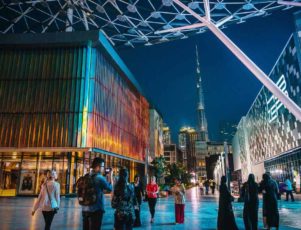In a groundbreaking move towards scientific and technological self-sufficiency, Africa is preparing to establish its first Pan-African synchrotron light source: the African Light Source (AfLS). As a powerful tool for exploring the microscopic and atomic structures of materials, a synchrotron can revolutionize research across multiple scientific fields, including medicine, energy, agriculture, and environmental sciences. The development of the AfLS represents a significant step in bridging the scientific infrastructure gap between Africa and the rest of the world, promising to unlock a new era of innovation and discovery on the continent.
Synchrotron light sources are large-scale research facilities that produce intense beams of X-rays by accelerating electrons to nearly the speed of light. These X-rays enable scientists to examine the structure of materials at a molecular level with unparalleled precision. Currently, there are over 50 synchrotrons worldwide, but none are located in Africa. As a result, African scientists have been forced to rely on costly and logistically challenging access to facilities in Europe, Asia, and the Americas. The AfLS seeks to change this by establishing a dedicated facility on the continent, making advanced research tools more accessible to African researchers and reducing reliance on international support.
 The project has garnered significant momentum thanks to the support of the African Academy of Sciences (AAS), the African Union, and international partners such as the International Atomic Energy Agency (IAEA). The vision for the AfLS was initially proposed at the 2015 African Synchrotron Initiative meeting in Grenoble, France. Since then, a consortium of scientists and policymakers from across Africa has been working to transform this vision into reality. Their efforts include feasibility studies, fundraising initiatives, and the identification of a suitable host country for the facility. South Africa, with its established research infrastructure and experience in operating large-scale scientific installations like the Southern African Large Telescope (SALT), has emerged as a leading contender.
The project has garnered significant momentum thanks to the support of the African Academy of Sciences (AAS), the African Union, and international partners such as the International Atomic Energy Agency (IAEA). The vision for the AfLS was initially proposed at the 2015 African Synchrotron Initiative meeting in Grenoble, France. Since then, a consortium of scientists and policymakers from across Africa has been working to transform this vision into reality. Their efforts include feasibility studies, fundraising initiatives, and the identification of a suitable host country for the facility. South Africa, with its established research infrastructure and experience in operating large-scale scientific installations like the Southern African Large Telescope (SALT), has emerged as a leading contender.
The Potential Applications of the AfLS Are Immense
In the medical field, the facility could advance cancer research by enabling detailed studies of protein structures, which are essential for designing targeted drugs. In agriculture, the synchrotron could help researchers understand soil compositions and improve crop resilience, directly addressing food security challenges in Africa. Additionally, the AfLS would provide insights into energy storage and efficiency, supporting Africa’s transition to renewable energy sources.
Education and training are also central to the AfLS vision. The facility plans to host workshops, internships, and collaborative research projects, creating a new generation of African scientists skilled in using synchrotron technology. This focus on capacity-building aims to prevent brain drain by providing opportunities for talented researchers to thrive within Africa.
Funding remains a key challenge. Building a synchrotron can cost upwards of $500 million, not including operational and maintenance expenses. To address this, the AfLS initiative has launched a comprehensive fundraising strategy, seeking contributions from African governments, international organizations, and private investors. There is also a strong emphasis on partnerships with existing synchrotron facilities worldwide, which could offer technical support and expertise.
The development of the African Light Source is not merely a scientific endeavor; it is a strategic investment in Africa’s future. By fostering a culture of research and innovation, the AfLS has the potential to catalyze economic growth, improve healthcare outcomes, and enhance the continent’s global competitiveness. As efforts continue to gather pace, the AfLS stands as a beacon of Africa’s aspirations to lead in science and technology, transforming challenges into opportunities for sustainable development.
photos : researchprofessionalnews.com and africanlightsource.org



 Capacity Building: The council is dedicated to enhancing the skills and knowledge of the local workforce to meet the demands of a technology-driven economy. This includes education and training programs tailored to various demographics.
Capacity Building: The council is dedicated to enhancing the skills and knowledge of the local workforce to meet the demands of a technology-driven economy. This includes education and training programs tailored to various demographics.





